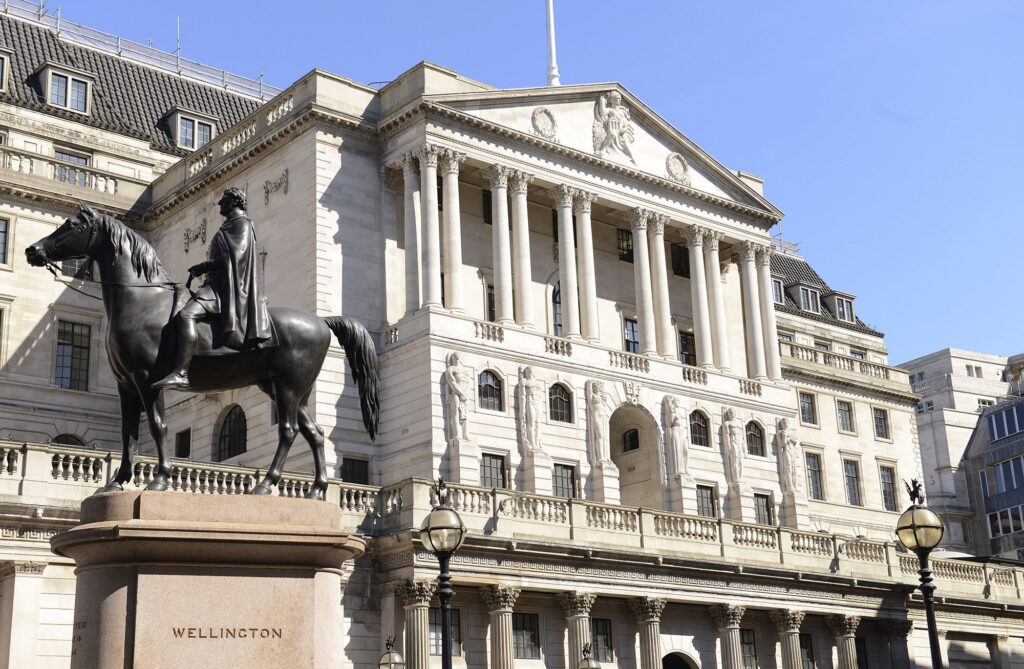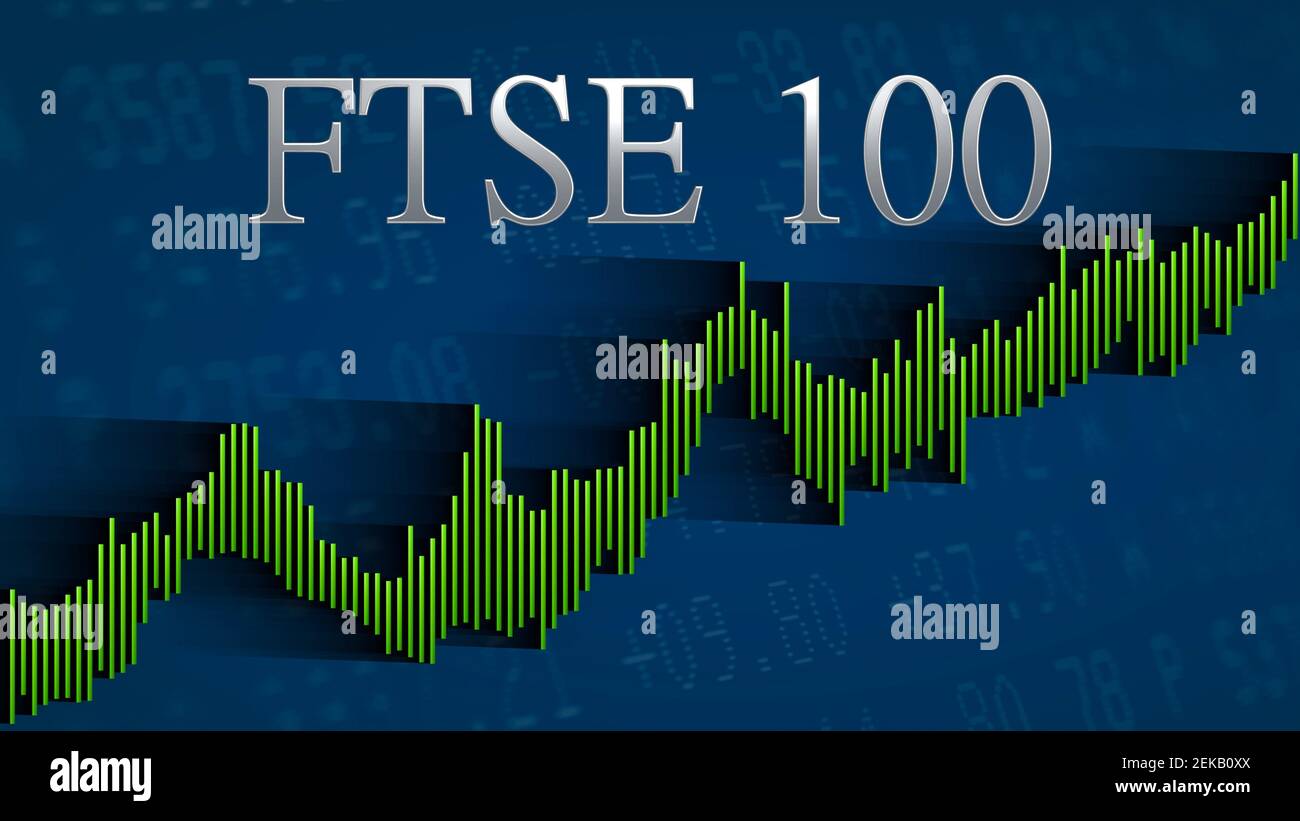
September’s lower-than-expected inflation, softer wage growth, and clear signs of slowing activity in the third quarter have strengthened the case for the Bank of England to move towards cutting interest rates in December, says Nigel Green, the CEO of deVere Group, one of the world’s largest independent financial advisory organisations.
The call comes after the Bank of England on Thursday voted narrowly to hold rates at 4%, with a split 5-4 decision exposing growing divisions within the Monetary Policy Committee. Four members backed an immediate quarter-point reduction, warning that rates may already be “significantly too high.”
“The Bank’s decision to hold was always expected, but the debate is now shifting rapidly towards when the first cut comes,” says Nigel Green. “The combination of three consecutive months of 3.8% inflation, slowing wage growth, and weakening consumer demand points to an economy that is losing momentum. That should focus minds on a December move.”
UK inflation has remained below 4% since July, and core inflation has continued to moderate. Meanwhile, official data shows that wage growth cooled in September from its summer highs, while retail sales and business investment both softened through the third quarter.
“The data tell a consistent story — inflation has peaked, and real economic activity is starting to feel the strain of higher borrowing costs,” notes Nigel Green.
“If the Bank waits too long, it risks pushing the economy into a deeper slowdown just as fiscal policy is being readjusted.”
The Bank’s latest decision came against a backdrop of increasing global monetary easing.
The European Central Bank has signalled openness to rate cuts in early 2025, while the Federal Reserve has already slowed the pace of tightening and hinted that the next move is likely downward.
“The UK risks falling out of sync if it clings to restrictive settings while other major economies pivot,” explains the deVere CEO.
“A December cut would show readiness to respond to evolving data rather than clinging to backward-looking caution.”
He warns that maintaining rates at 4% despite signs of softening demand will weigh heavily on households and small businesses over the winter.
“Mortgage renewals are already squeezing disposable income. Firms are holding back on investment. The longer this drag persists, the more lasting the damage to productivity and growth.”
Nigel Green argues that a modest 25 basis-point cut in December would be both symbolic and practical.
“It would signal confidence that inflation is under control while helping to stabilise consumer and corporate sentiment heading into 2025. It would also align monetary and fiscal policy more effectively after the Budget.”
Markets are already pricing in the likelihood of a cut within the next two meetings. “Investors are reading the same signals the Bank is: inflation is anchored, the labour market is cooling, and output is stagnating,” he says.
“This mix calls for pre-emptive adjustment rather than waiting for cracks to widen.”
He stresses that the Bank’s credibility depends not only on defeating inflation but also on avoiding unnecessary economic damage.
“Inflation is yesterday’s fight. The challenge now is sustaining growth without reigniting price pressures. The evidence points to a window of opportunity in December to start rebalancing policy.”
Nigel Green concludes: “The narrow vote shows how close the debate has become.
“The Bank should use the next six weeks to prepare markets for a measured step in December. Doing so would show that it recognises the changing reality of the UK economy and is ready to act decisively.”













